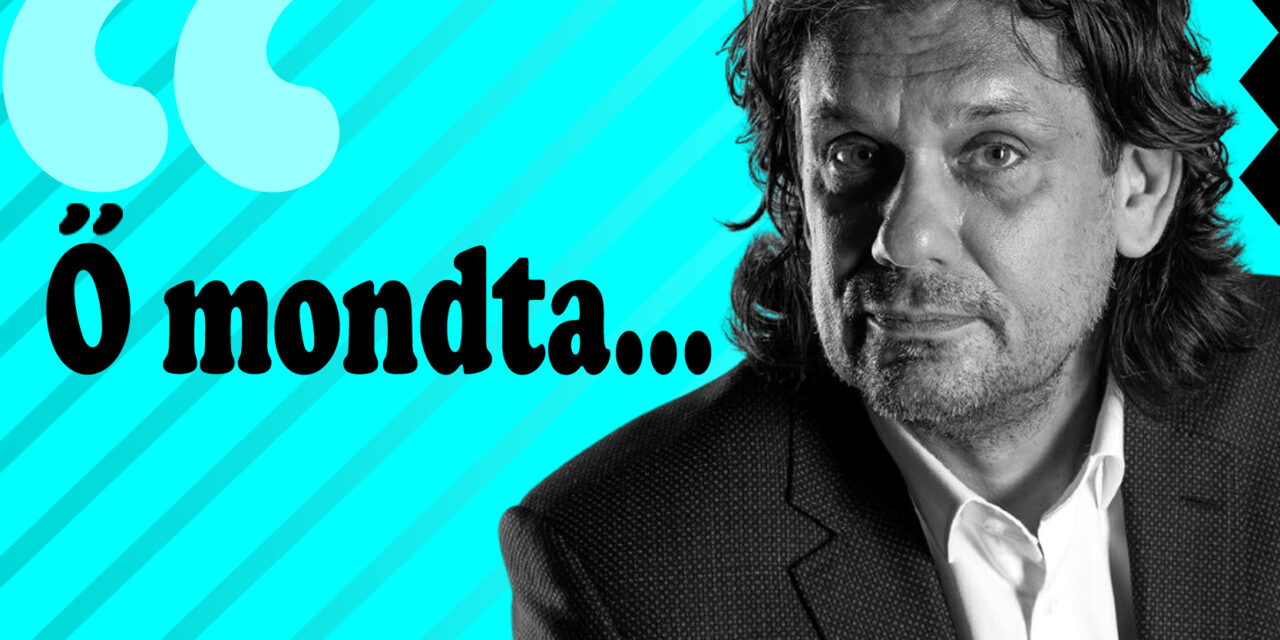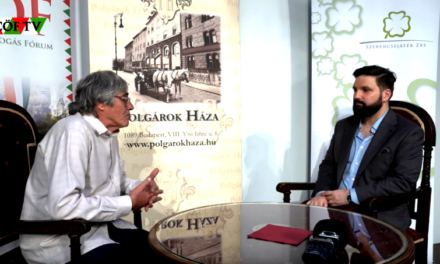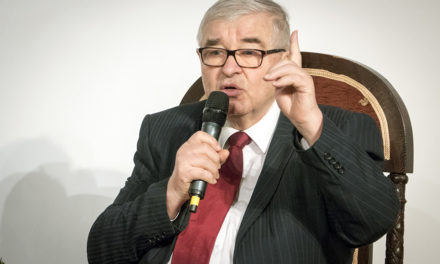It is necessary to clarify under which rights and how much money the European Commission (EC) granted to Ukraine in the first two and a half years of the European Union budget cycle, which started in 2021, said Tamás Deutsch in Kossuth radio's Sunday newspaper program.
The member of the European Parliament noted that Hungary, Poland and three other member states did not receive a single euro cent from the resources of the recovery fund. So the question may arise
are the resources for financing the development of the member states not reaching the member states because these funds were given to Ukraine by Brussels? he said.
In the radio program, Tamás Deutsch asked the question, how much money has the EU provided to support the Ukrainians since the outbreak of the war in Ukraine under the following headings: for the delivery of weapons, for loans and subsidies to help the Ukrainian state survive, and under what other headings?
He put it this way: many people have the impression that
"well-known methods of Hungarian budget management from the Gyurcsány era" are used by the Brussels bureaucracy,
with hundreds of tricks, he is trying to hide the amount of money he has already given to Ukraine from the money of European tax-paying citizens. It would be expected of the Brussels bureaucracy to send these items to the member states either on a "sheet of paper torn from a checkered notebook" or in a table containing the budget titles and lines, he said.
"It doesn't work that every week the European Commission comes up with the idea of extra support of one, two or three billion" intended for Ukraine, but no one has exact data on the exact amount of money it provided to Ukraine
said Tamás Deutsch.
Political blackmail
The EU budget was adopted by the European Council and the European Parliament in December 2020, when there was no war in Ukraine yet, so the need for support arose in the following two-year period. It is "reasonable to assume" that the billions allocated to Ukraine would originally have served other budgetary purposes, and came from the redeployment of other EU programs - authorized or unauthorized.
The EU politician believes that before voting on the 60-70 billion additional member state payments according to the Brussels proposal, it should be clarified why the disbursement of EU funds to the member states is at a snail's pace.
Poland and Hungary do not have access to the EU funds due to them "due to the political blackmail of the Brussels bureaucracy",
but the Brussels bureaucracy disbursed barely 2.5 percent of the regional development resources of the seven-year budget to the 27 EU member states in three years.
In the previous seven-year budget period, eight percent of the regional development funds reached the member states in the first three years.
"At that time, everyone was shocked that this could never happen in the history of the EU", that the development resources due to them reach the member states so slowly
Tamás Deutsch added.
He further explained: in the current seven-year cycle, not only Hungary and Poland did not receive a single euro cent from the resources of the recovery fund - as a political punishment - but also three other member states, which would have received it as a reward. The other 22 EU member states have received less than 20 percent of the funds available until the end of December 2026.
The Fidesz politician formulated the question that
are the resources for financing the development of the member states not reaching the member states because these funds were actually given to Ukraine by the Brussels bureaucracy?
The reason behind the Brussels initiative regarding the additional payment by the member states may be that the resources of the development programs did not go to the 27 EU member states, but to Ukraine, but the seven-year budget did not contain any kind of authorization or provision for this.
According to Tamás Deutsch, after clarifying these issues, it is possible to meaningfully talk about whether and how much member state contributions are needed. We Hungarians find it unimaginable to have surplus money in the Hungarian budget, while "we haven't seen a single penny" of the development funds legally due to us from the EU, he said.
He believed that when the Gyurcsány government tried to hide the use of public funds with hundreds of tricks, the result was an ancient admission and political fall.
If the European Commission also resorted to using tricks, then a "Brussels autumn speech should follow".
acknowledging the trickery, and this should be followed by serious political consequences, he stated.
MTI












